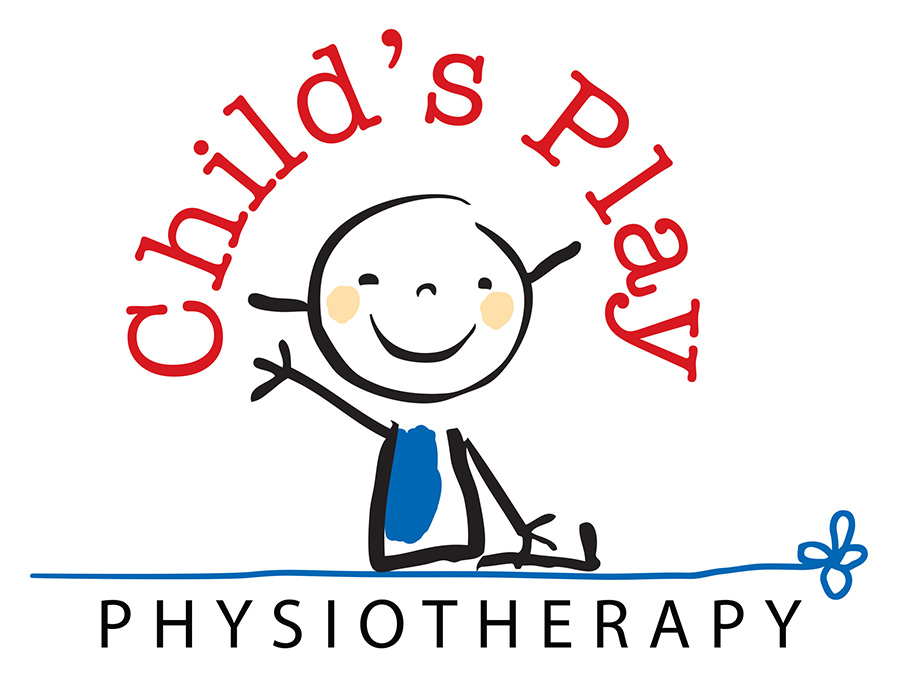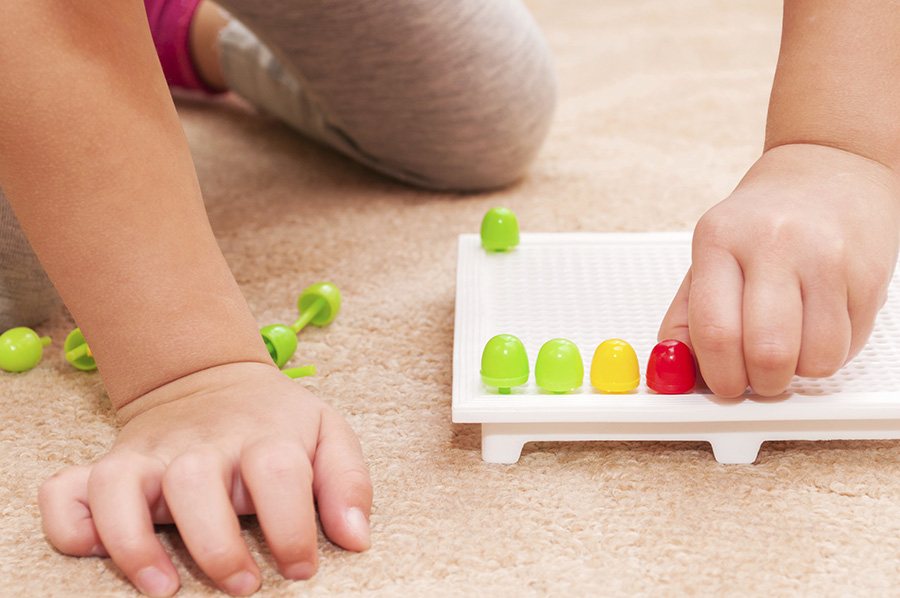Developmental Coordination Disorder
Developmental Coordination Disorder (DCD) is a motor skills disorder that affects five to six percent of all school-aged children. DCD occurs when a delay in the development of motor skills, or difficulty coordinating movements, results in a child being unable to perform common, everyday tasks. By definition, children with DCD do not have an identifiable medical or neurological condition that explains their coordination problems.
Frequently described as “clumsy” or “awkward” by their parents and teachers, children with DCD have difficulty mastering simple motor activities, such as tying shoes or going down stairs, and are unable to perform age-appropriate academic and self-care tasks. Some children may experience difficulties in a variety of areas while others may have problems only with specific activities. Children with DCD usually have normal or above average intellectual abilities. However, their motor coordination difficulties may impact their academic progress, social integration and emotional development.
DCD is commonly associated with other developmental conditions, including attention deficit/hyperactivity disorder (ADHD), learning disabilities (LD), speech-language delays and emotional and behavioural problems. For more information on related developmental disorders and their co-occurrence with DCD.

